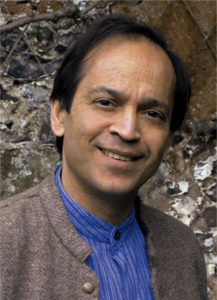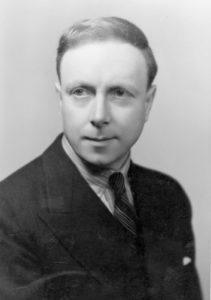We have decided to create the most comprehensive English Summary that will help students with learning and understanding.
Summary of Gulliver’s Travels Part 3 Chapter 7
Summary of Gulliver’s Travels Part 3 Chapter 7
The narrator leaves Lagado: arrives at Maldonado. No ship ready. He takes a short voyage to Glubbdubdrib. His reception by the governor is described.
Gulliver claimed that Balnibarbi was situated in the Pacific, towards the west of California, which had not yet been charted. To the north of Lagado lay the island of Luggnagg, which was not far southeast of Japan. These two countries had trade relations, so Gulliver decided to go to Luggnagg, sail for Japan and then head for Europe. Gulliver tried to travel to Luggnagg, but he found that no ship available. Since he had to wait a month before a boat would arrive at the port city of Maldonada to take him to Luggnagg, he was advised to take a trip to Glubbdubdrib, the island of sorcerers. These sorcerers were very private and only married among each other. The Governor of Glubbdubdrib could raise the dead, but only for one day and he couldn’t call them back again until three months had gone by.
Gulliver visited the governor of Glubbdubdrib, who asked Gulliver about his adventures. He found that servants who attended the governor were spirits who could appear and disappear. After ten days on Glubbdubdrib, Gulliver became so familiar with the sight of ghosts that apprehension was replaced by curiosity. This led the Governor to make him an offer: Gulliver could speak to any ghost he chose and to as many as he wanted to.
The one thing he had to promise was that he would only ask them questions about their own time. Gulliver chose Alexander the Great, who told him that he had died, not from poison, but from excessive drinking. He then saw the Carthaginian general Hannibal and the Roman leaders Caesar, Pompey and Brutus. Gulliver didn’t want to bore the reader with a complete list of who he spoke to, but most of his conversations were with great men of history who had killed tyrants and had fought for liberty.


